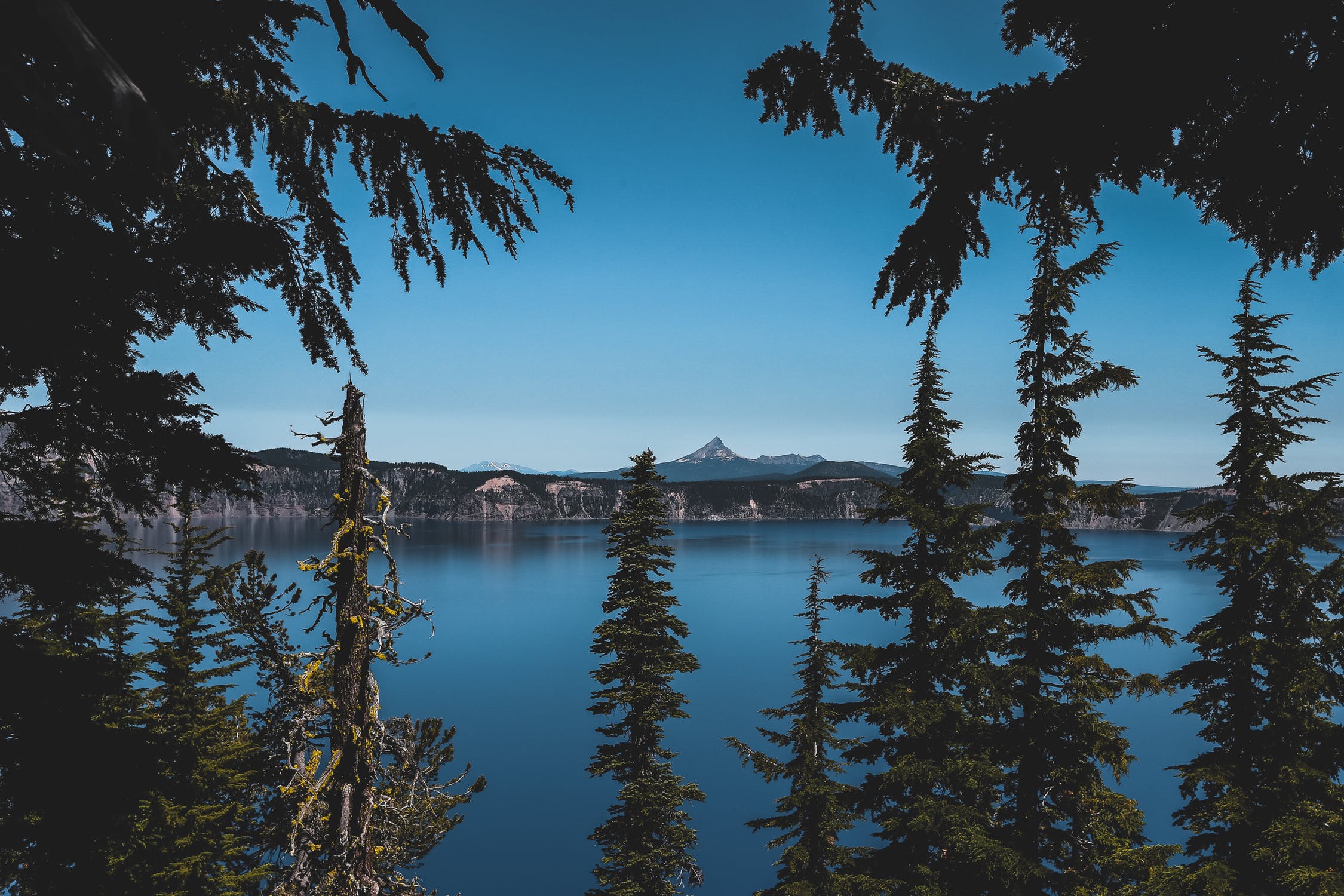The Uninhabitable Earth
“It is worse, much worse, than you think”.
This conclusion is the opening sentence of The Uninhabitable Earth, David Wallace-Wells’ dark and troubling account of the crisis that climate change poses for humankind and nature. A deputy editor of New York magazine, Wallace-Wells claims not to be an environmentalist or even a “nature-person”. “(T)he world could lose much of what we think of as nature, as far as I cared, so long as we could go on living as we have in the world left behind. The problem is, we can’t.”
He cites a study, concluding that: “ninety-six per cent of the world’s mammals, by weight, are now humans and their livestock; just four per cent are wild. We have simply crowded—or bullied, or brutalized every other species intro retreat, near-extinction or worse.”
Wallace-Wells’ disinterest in nature is partly what makes The Uninhabitable Earth so compelling and alarming, “a kaleidoscopic accounting of the multiple climate-driven catastrophes that await humans”. Catastrophes such as heat death in places too hot for people to live. Land drowned by the anticipated sea level rise of two meters by 2100, including much of south Florida and most of Bangladesh.
Increasingly intense wildfires from California to Canada’s north, the Amazon and southern Europe. Disasters such as insanely furious hurricanes that are no longer natural. Dying oceans from acidification. Droughts driving freshwater shortages. Unbreathable air from dust from droughts and wildlife smoke. Increasing conflicts between and within nations over resources.
Wallace-Wells makes the compelling point that political and business leaders assume that the best-case scenarios for climate change are the ones that will be realized. Unfortunately, the opposite has usually been the case: “the optimists have never, in the half-century of climate anxiety we’ve already endured, been right.” The Uninhabitable Earth does not indulge in the usual “hope-for-the-future” happy talk of most books on climate change, but he does allow that “solutions are obvious, and available” even if “the problem is anything but overwhelming”.
He doesn’t paraphrase Winston Churchill but could have: “I have nothing to offer but blood, toil, tears and sweat.”



